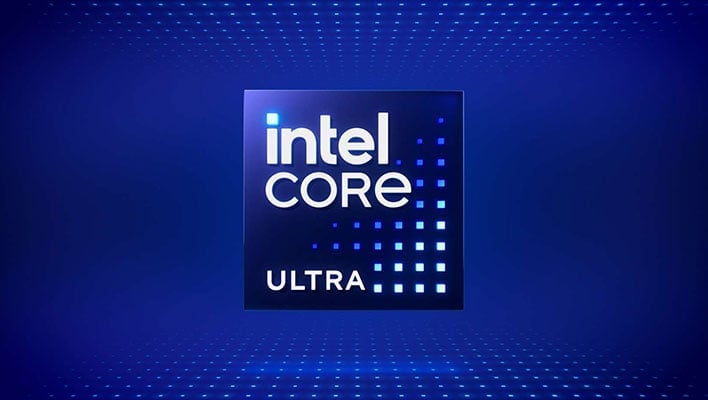
All the excitement in the enthusiast scene lately has been aimed at AMD’s new Zen 5-based processors. That’s “Strix Point” for mobile, comprising the Ryzen AI 300 series, and then “Granite Ridge” for desktop, making up the Ryzen 9000 series, and both are launching soon—albeit not quite as soon as intended. However, many enthusiasts have been cautioning people not to jump on the AMD hype train too readily. After all, what will be Intel’s response?
The answer, at least on the desktop, is “Arrow Lake-S”, and today we have the first definite leak of the new chips. Thanks to the tearless retina of the Benchleaks bot, there’s a fresh benchmark there in the database of a “Core Ultra 7 265KF” processor, tested on a pre-release Maxsun iCraft Z890 Pacific motherboard. Geekbench completely flubbed the cache capacity measurement, but the rest of the result seems to be believable.
The benchmark reports that this chip comes with eight P-cores and twelve E-cores, matching the configuration of the Core i7-14700K. However, unlike that chip, the cores in Arrow Lake don’t come with hyper-threading, meaning that the number of cores is the same as the number of threads in an upper-midrange consumer CPU for the first time in many years.
Geekbench reports the maximum frequency as 5419 MHz, significantly behind the 5.6 GHz peak clock rate of a Core i7-14700K; that could be the final clock speed of this chip, or it could be reduced for any number of pre-release reasons. Notably, the benchmark appears to have been performed using a single 24-GB DIMM. That’s likely affecting the multi-core benchmark score, which is a little underwhelming.

Of course, a mediocre multi-core score is fine if the chips are reliable and efficient. We can’t talk about Intel CPUs without mentioning the elephant in the room right now, which is the Raptor Lake stability issues. We have complete confidence that Intel will not make the same mistake with Arrow Lake; the Meteor Lake CPUs are already unaffected by those problems. Still, Intel’s muted response to the complaints doesn’t exactly instill confidence.
